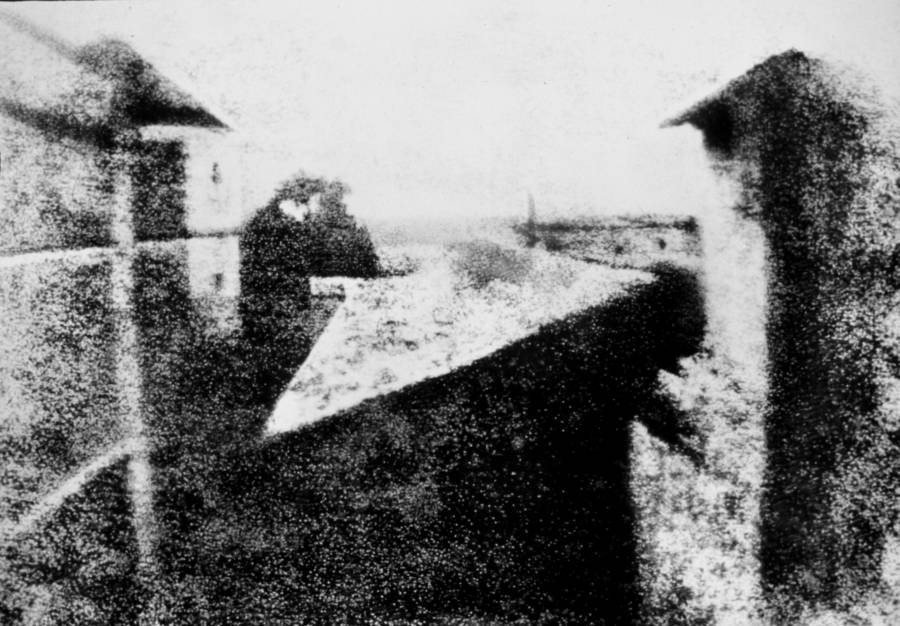views

“Hocus pocus” is said by magicians and the like to indicate some sort of change or surprising transformation. The words have no real meaning, but collectively, they are considered a variation of Latin.
Hoc est corpus meum is part of the Latin Mass in Catholicism. It means “this is my body," is said during the Eucharist, and attests to transubstantiation. “Hocus pocus” may be a bastardization of that phrase.
The usage of the rhyme traces to the early 1600s and the court of King James I, where royal entertainer William Vincent used Hocus Pocus as his alias. The juggler and trickster reportedly said “Hocus pocus, tontus talontus, vade celeriter jubeo” - gibberish that sounds like Latin. Vincent said this to “blinde the eyes of the beholders” so they didn't realize the deception before them. Over time, "hocus pocus” was associated with street magic, hoaxes, and distracting someone to get one over on them.
During the late 17th century, some people suggested “hocus pocus” came from these words as a way to call transubstantiation absurd. Archbishop of Canterbury John Tillotson wrote:
And in all probability those common jugling words of hocus pocus are nothing else but a corruption of hoc est corpus, by way of ridiculous imitation of the Priests of the Church of Rome in their trick of Transubstantiation. Into such contempt by this foolish Doctrine and pretended Miracle of theirs have they brought the most sacred and venerable Mystery of our Religion.




















Facebook Conversations
Disqus Conversations